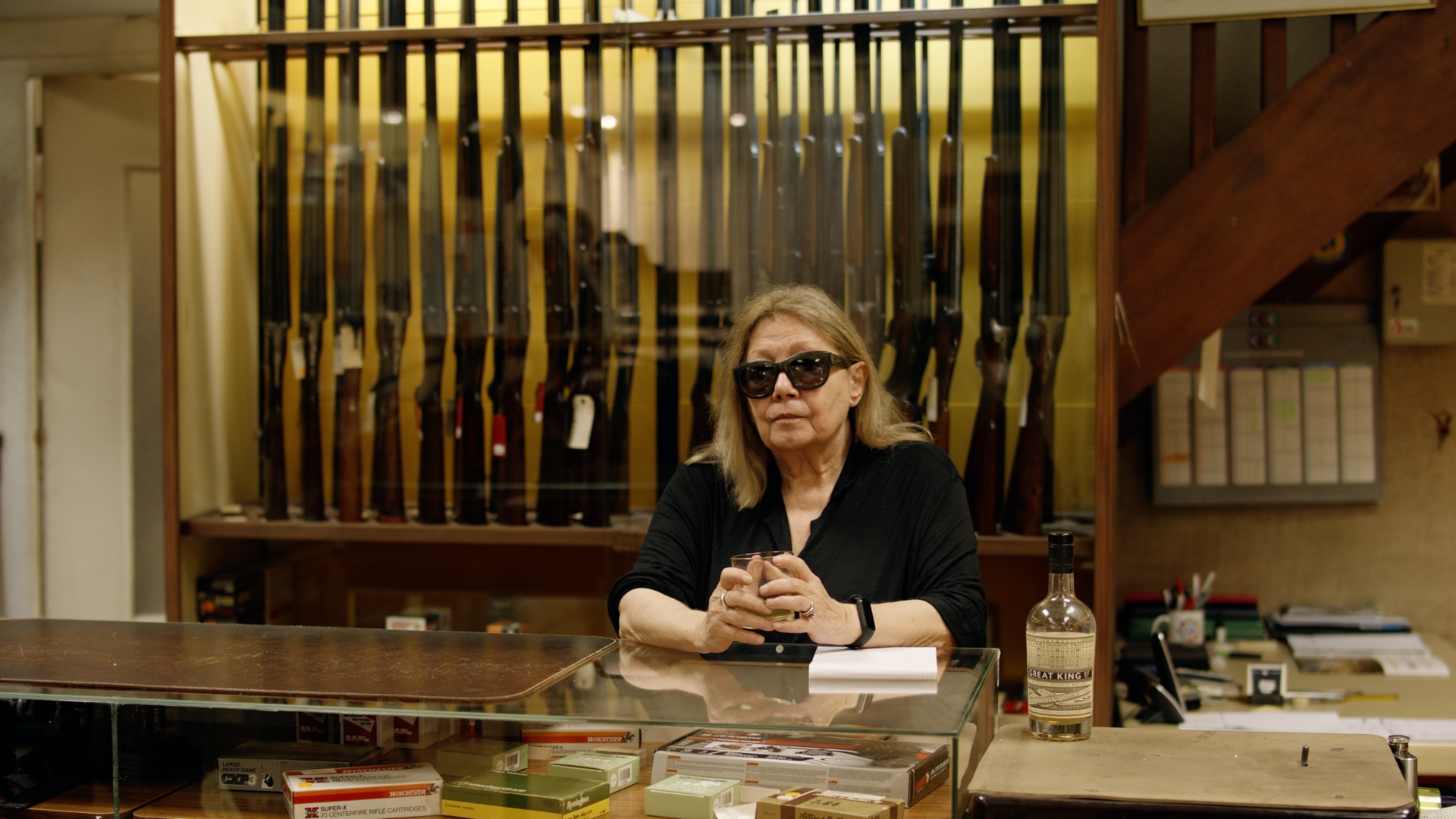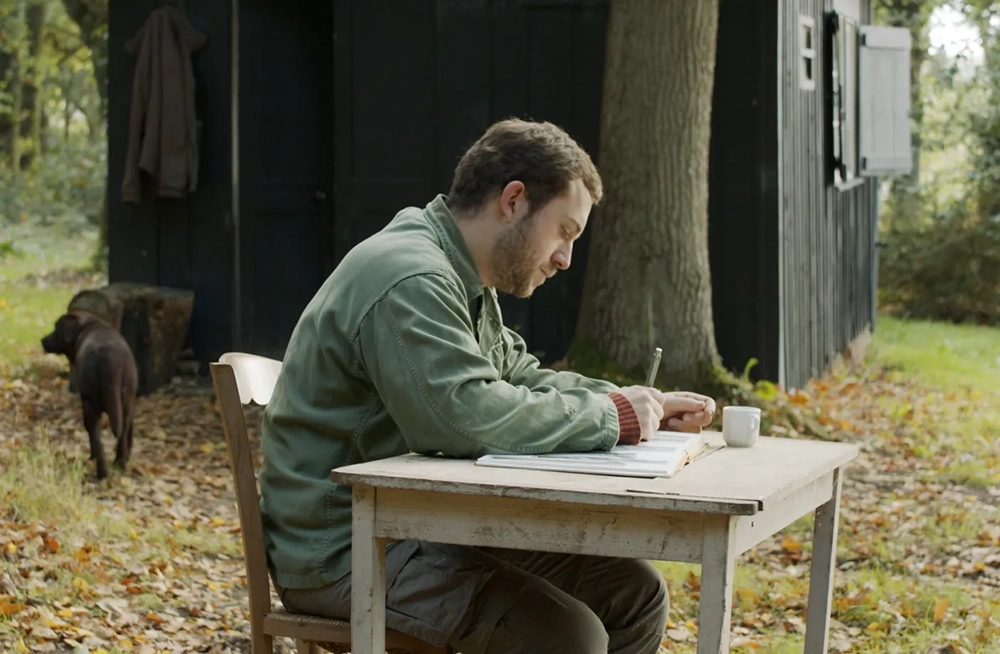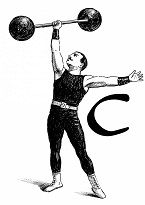Pierre Creton’s “A Prince,” which made its North American premiere Saturday in the New York Film Festival’s Currents section, has a busy mind, fixated on bodies, beauty and mortality. It’s an impatient, meandering film that pulses with energy when it’s under control, focusing on characters’ inner lives and horticultural ambitions. The problem is the threads that Creton (an actor, writer, director, and farmer) attempts to tie together don’t always hold. The film is never banal or boring to look at. Yet the picture lacks the cohesion and substance that such a generational saga demands.
The story tracks Pierre-Joseph, a young horticulture student (Antoine Pirotte) who leaves his unhappy home to study with a community of flower enthusiasts. His two oldest mentors become lovers, and Creton’s camera spends plenty of time watching those men in bed together. For Pierre-Joseph, it’s less of a sexual awakening than a curiosity. The voiceover narration which persists reminds the audience that he’s just happy to have left home. There, his mom (Françoise Lebrun, star of the 1973 epic “The Mother and the Whore”) is depressed and drinks too much while his dad (Yves Edouard) emits a tepid, underwhelming presence. To see Lebrun’s commanding presence throughout the 210-minute Jean Eustache talkathon is to feel short-changed here. Her melancholy is depicted as a drag. It’s a mere inconvenience without adequate weight, and those family scenes are nothing more than necessary exposition.

While the voiceover (which, in a creative yet convoluted spin, alternates between characters) and decades-long span conjures François Truffaut’s “Jules and Jim” (1962), Creton’s unflinching technique owes more to legendary, oft-imitated European auteurs Michael Haneke (“Amour”) and the late Krzysztof Kieślowski (“The Double Life of Veronique”). And composer Jozef van Wissem’s quiet, potent score calls to mind Zbigniew Preisner’s mercurial, operatic cinema music, especially in Veronique. Creton’s film falls short because it’s a beast with too many heads, to borrow from a metaphor suggested in the film. The director does, after all, reveal a character’s genitalia transforming into an octopus. It’s a magical surrealist touch that’s out of place, inspiring more confusion than elucidation on key themes.
For an 82-minute film, “A Prince” packs in too much. The controlled camerawork creates suspense. But it’s a populous film with an ensemble cast, leaving too many characters unwed to significance. Creton’s solution is to kill them off, and those Haneke-esque still shots – without music – are a gripping technique. However, each one is too aware of its reach for style points. The beauty of the French countryside and the happiness of these men – lovers, friends and family – should drive the story, not experimental flash-forwards and surrealist indulgences. Creton’s film ends up looking like a first draft. In other words, a curiosity from a talented artist whose goal is to try some things and see what sticks. The off-kilter tactics shrink rather than expand the narrative. While it might hold our attention, Creton’s finished product ends up feeling like a mad scientist with unconditional editorial control.
“A Prince” is currently playing at the New York Film Festival. The festival goes from September 29th – October 15th. Join us for continual coverage.



